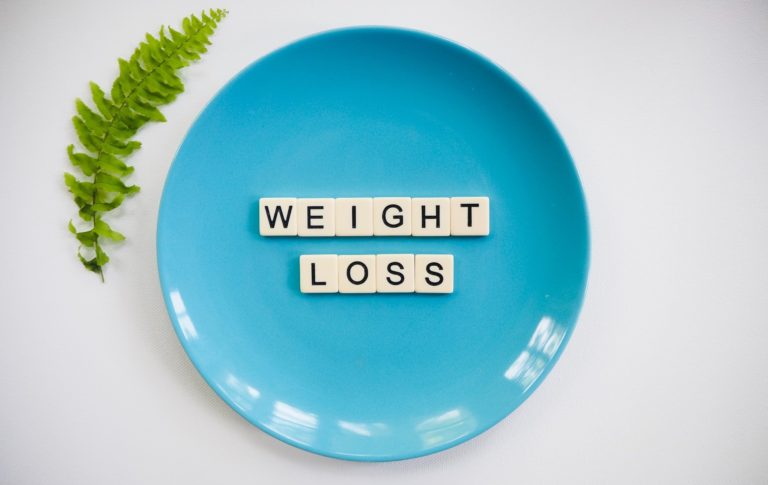Nutritional Supplements
Nutritional supplements are a wide range of products that enhance one’s health, improve athletic performance, or otherwise affect one’s physical or mental well-being. Examples of these can include teas, herbs, antioxidants, vitamins, sports supplements, and various weight loss products. Nutritional supplements are found in almost all health food stores and many traditional stores.
Throughout history, dietary supplements have been used to treat a wide range of ailments and to improve health. In addition, many conventional medicines come from nutritional supplements. Perhaps one of the most common forms of supplements is vitamins. Many people are taking multivitamins, and doctors often recommend such use. Awareness of some vitamins’ safety is essential, as overdose can be dangerous. For example, an overdose of vitamin A can cause liver damage and other unpleasant side effects. Talk to your doctor before taking vitamin supplements.
Other popular supplements are used in sports to improve performance and speedy recovery. Many dietary supplements used for these purposes have sparked a debate about their effectiveness. Some of these supplements have been pulled off the shelves, with Ephedrine being a recent example. Ephedrine has caused severe heart problems for some users in many weight loss products and is now a regulated substance.
Creatine is another supplement with the potential for unknown side effects. Some claim it damages the liver, while others claim it is safe when used correctly. One of the most important things to know about dietary supplements is that they are not regulated by the Food and Drug Administration (FDA).
For this reason, many product claims on packaging labels and promotional materials include statements such as “These claims have not been evaluated by the Food and Drug Administration.”
Dietary supplements are not regulated, so manufacturing, processing, and packaging methods can vary widely from product to product. When using supplements, research your company and select a reputable supplier. Due to the lack of regulation, the safety of dietary supplements may also be unclear. Again, you need to be careful when shopping. Many supplement manufacturers and users claim they are safe because they are made from natural or “all-natural” ingredients. This may seem logical, but consumers need to make the best decisions when considering the use of dietary supplements. Many substances found in nature are unsafe, in fact toxic, and even deadly.
Finally, poison ivy is “all-natural,” but even if you try to convince yourself that it’s the best moisturizer, you probably don’t want to rub it all over your skin. Some dietary supplements can help and support your health. As with any consumable, careful shopping and research is essential to staying healthy. If the claim seems too good to be true, it is probably true. Pay attention to the product presentation and act well before purchasing and using dietary supplements. Buy supplements from reputable companies and manufacturers, and if in doubt, consult your doctor before starting your supplement routine.











